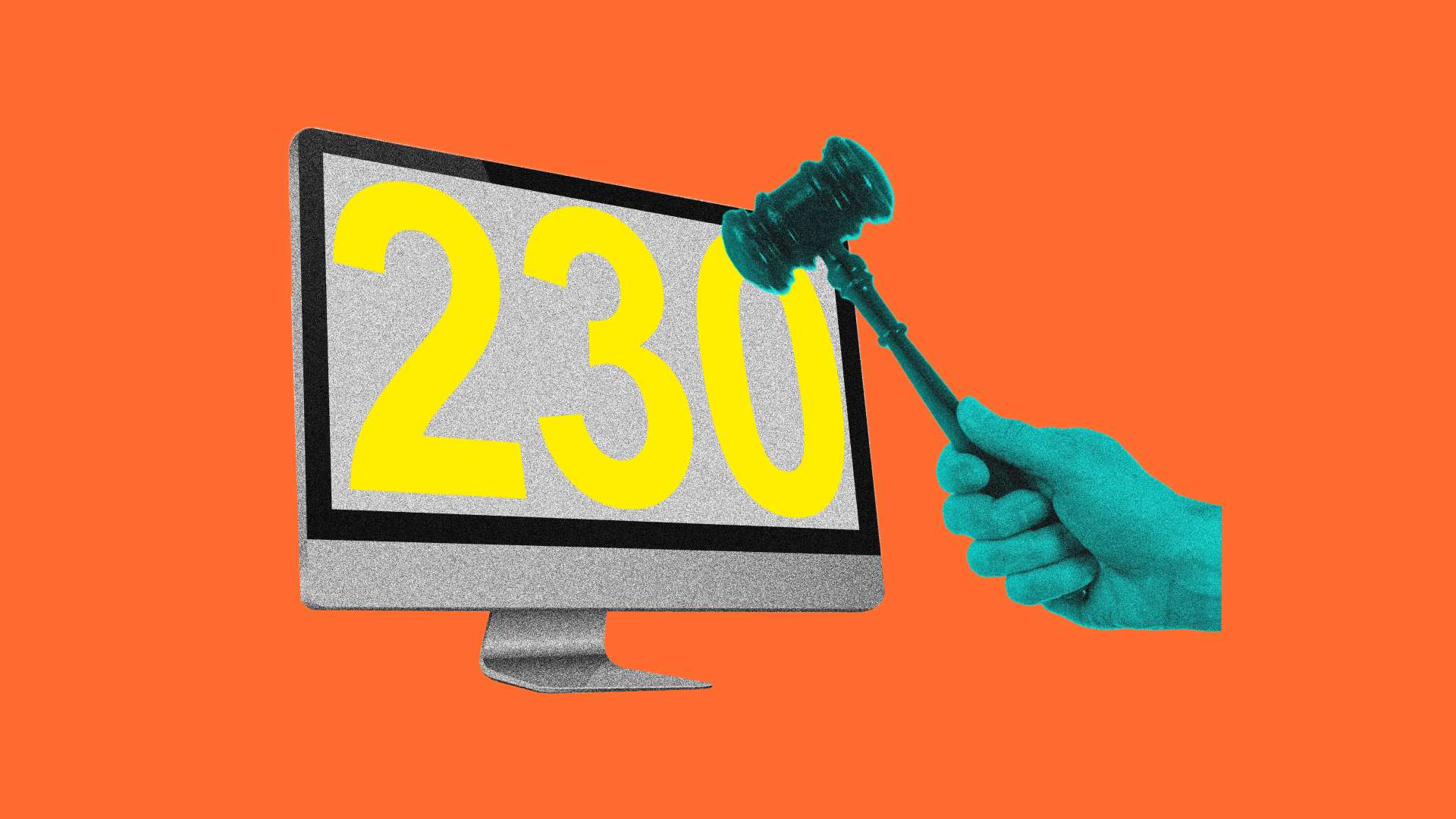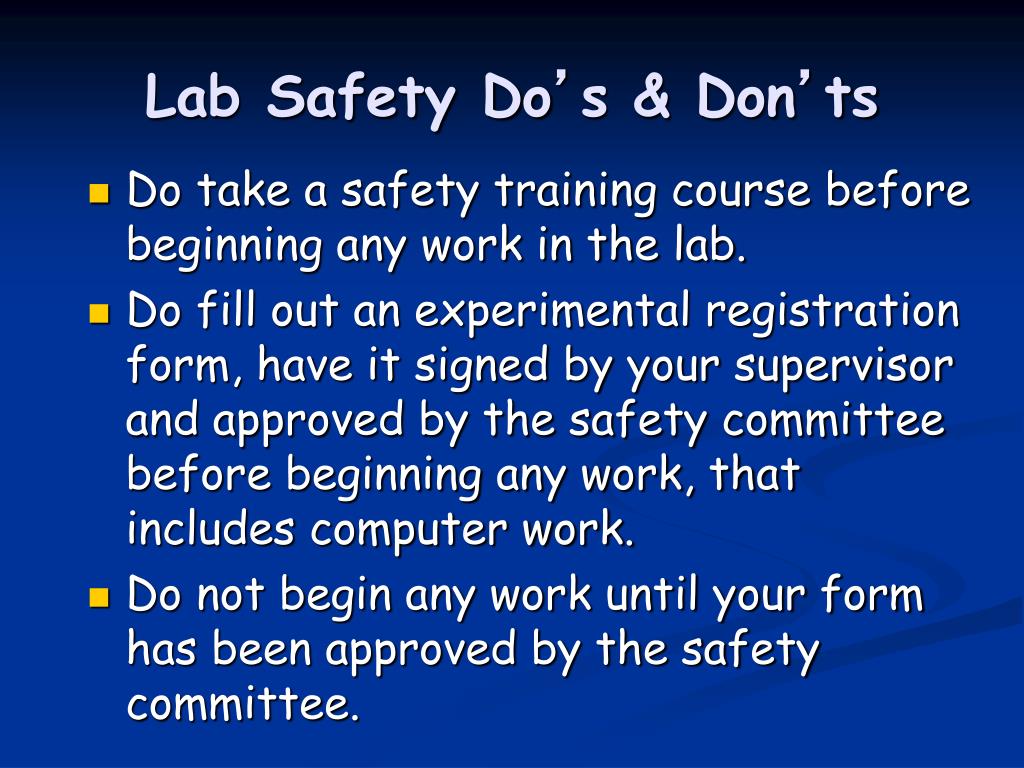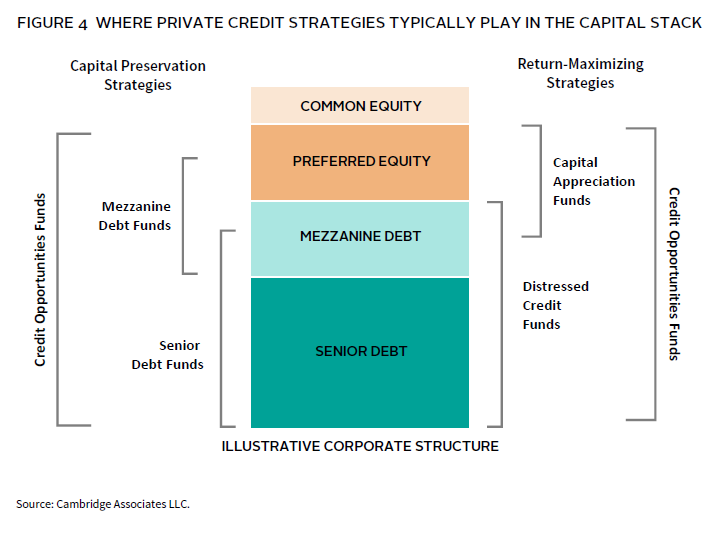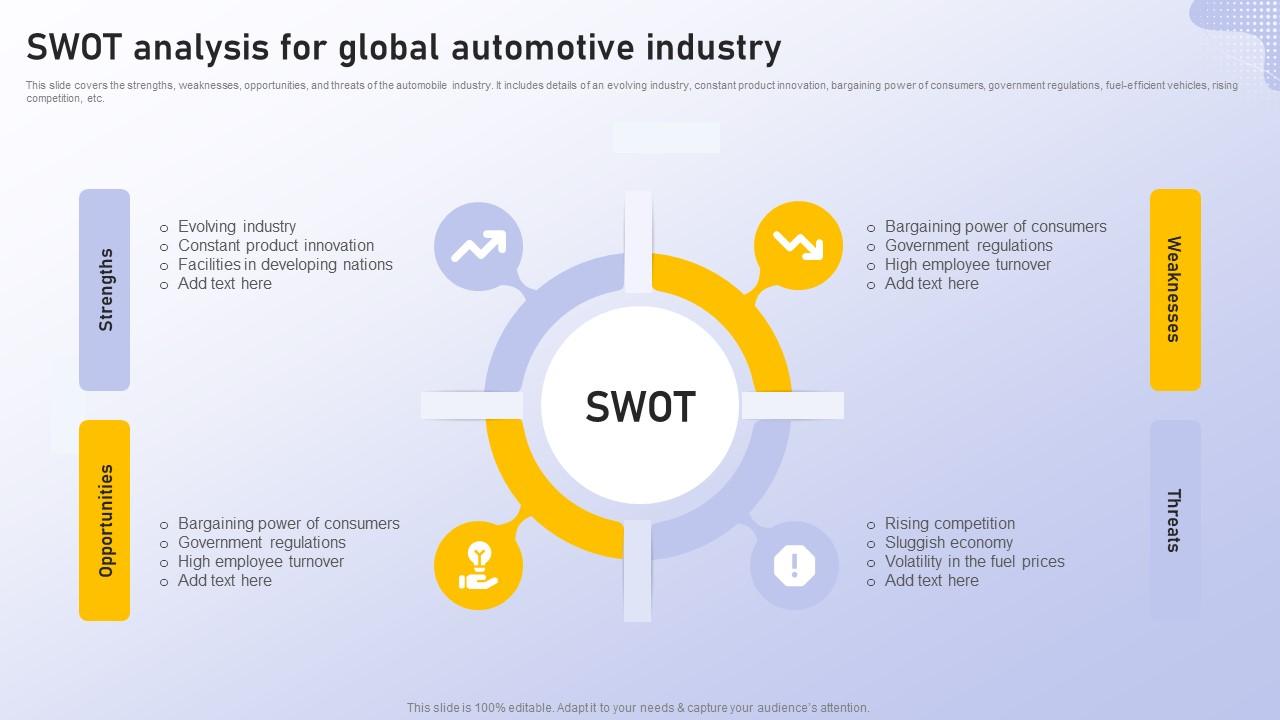EBay And Section 230: A Judge's Ruling On Banned Chemical Listings

Table of Contents
Understanding the Judge's Ruling on Banned Chemical Listings
The case centered on the sale of specific banned chemicals—let's call them "Chemicals X, Y, and Z" for simplicity—on the eBay platform. eBay, aware of the illegality of selling these chemicals, had a policy prohibiting their listing. However, despite these policies, some listings managed to slip through. Plaintiffs, alleging injury resulting from exposure to these chemicals, sued eBay, claiming the platform was liable for facilitating their sale.
The judge's decision ultimately sided with [insert whether the judge ruled in favor of eBay or the plaintiffs]. The reasoning behind the decision [insert detailed explanation of the judge's reasoning, including specific legal arguments]. This was a crucial point in the case, as it directly impacted the level of responsibility assigned to eBay.
Key Aspects of the Ruling:
- Plaintiff's Argument: The plaintiffs argued that eBay’s knowledge of the illegal listings, coupled with their failure to consistently remove them, constituted active participation in the illegal activity, thus negating Section 230 protections.
- eBay's Argument: eBay contended that Section 230 shielded them from liability, arguing they were merely a platform hosting user-generated content and not directly involved in the illegal sales. They cited their proactive efforts to remove such listings as evidence of their responsible conduct.
- Precedents Cited: The judge's decision referenced [mention specific precedents cited, if any], influencing the interpretation of Section 230's application in this context.
- Impact on eBay's Liability: The ruling [explain the impact - did it increase, decrease or maintain eBay's liability for user-generated content?]. This has significant implications for eBay's future content moderation practices and potential legal exposure.
Section 230 and its Role in the eBay Case
Section 230 of the Communications Decency Act is a crucial piece of legislation protecting online platforms from liability for user-generated content. It generally shields them from being treated as publishers or speakers of that content. This protection is fundamental to the functioning of many online platforms, including eBay.
The judge's interpretation of Section 230 in this case was [explain the judge's interpretation - was Section 230 deemed applicable, and if not, why?]. This aspect of the ruling has far-reaching consequences for other online platforms facing similar legal challenges.
Key Arguments Related to Section 230:
- "Editing" vs. "Development": A key debate centered on whether eBay's actions—such as removing some listings but not others—constituted "editing" or "development" of content, potentially impacting their Section 230 protection. The ruling clarified [explain the court's determination regarding this key distinction].
- Implications for Future Application: The ruling's interpretation of Section 230 sets a precedent that could significantly affect how future courts apply this crucial law to online marketplaces. It will likely lead to further legal scrutiny of platform content moderation practices.
- Potential Challenges to the Ruling: It's highly probable that this ruling will be challenged, either through appeals or by similar lawsuits against other online marketplaces. The legal battle over Section 230's applicability to online sales of regulated goods is far from over.
Implications for Online Marketplaces and the Sale of Regulated Goods
This ruling extends far beyond eBay. Other online marketplaces, including Amazon, Etsy, and countless smaller platforms, are now grappling with the implications for their own liability surrounding the sale of regulated goods.
The impact on the sale of other regulated goods—firearms, prescription drugs, certain types of knives, etc.—is substantial. This ruling may force these platforms to re-evaluate their content moderation strategies and potentially increase their proactive efforts to prevent the sale of banned or restricted items.
Potential Changes in Marketplace Policies:
- Enhanced Monitoring: Expect to see increased investment in automated and manual monitoring systems to detect and remove listings of prohibited items.
- Stricter Verification Processes: More stringent seller verification processes may be implemented to ensure compliance with regulations.
- Increased Liability Insurance: Online marketplaces may need to secure higher levels of liability insurance to mitigate the risks associated with selling regulated goods.
The potential for future legal challenges is high. This case is likely to serve as a precedent in future lawsuits involving similar issues, leading to ongoing legal uncertainty for online marketplaces.
Conclusion: Navigating the Legal Landscape of Online Sales After the eBay Ruling
The judge's ruling on the eBay case involving banned chemical listings has significantly altered the legal landscape for online marketplaces. The interpretation of Section 230, the implications for liability, and the impact on the sale of regulated goods are all key takeaways. The ongoing debate surrounding Section 230's role in protecting online speech and commerce will undoubtedly continue, particularly in the context of online marketplaces and the responsibility they bear for the content hosted on their platforms.
Stay updated on the latest rulings impacting eBay and Section 230. Learn more about the legal challenges facing online marketplaces selling regulated goods by following reputable legal news sources and industry publications. Understanding these evolving legal intricacies is crucial for anyone involved in online sales.

Featured Posts
-
 Charleston Open Pegula Upsets Defending Champion Collins
Apr 27, 2025
Charleston Open Pegula Upsets Defending Champion Collins
Apr 27, 2025 -
 Bencic Claims Abu Dhabi Open Title
Apr 27, 2025
Bencic Claims Abu Dhabi Open Title
Apr 27, 2025 -
 Perfect Couple Season 2 Unveiling The New Cast And Source Material Inspiration
Apr 27, 2025
Perfect Couple Season 2 Unveiling The New Cast And Source Material Inspiration
Apr 27, 2025 -
 Professional Help Behind Ariana Grandes Stunning Hair And Tattoo Debut
Apr 27, 2025
Professional Help Behind Ariana Grandes Stunning Hair And Tattoo Debut
Apr 27, 2025 -
 Wta 1000 Dubai Derrota Inesperada Para Paolini Y Pegula
Apr 27, 2025
Wta 1000 Dubai Derrota Inesperada Para Paolini Y Pegula
Apr 27, 2025
Latest Posts
-
 Navigate The Private Credit Boom 5 Dos And Don Ts For Job Seekers
Apr 28, 2025
Navigate The Private Credit Boom 5 Dos And Don Ts For Job Seekers
Apr 28, 2025 -
 5 Key Actions To Secure A Private Credit Role
Apr 28, 2025
5 Key Actions To Secure A Private Credit Role
Apr 28, 2025 -
 The China Factor Challenges And Opportunities For Luxury Car Brands
Apr 28, 2025
The China Factor Challenges And Opportunities For Luxury Car Brands
Apr 28, 2025 -
 Beyond Bmw And Porsche Analyzing The Automotive Industrys China Problem
Apr 28, 2025
Beyond Bmw And Porsche Analyzing The Automotive Industrys China Problem
Apr 28, 2025 -
 Bmw And Porsches China Challenges A Growing Trend In The Automotive Industry
Apr 28, 2025
Bmw And Porsches China Challenges A Growing Trend In The Automotive Industry
Apr 28, 2025
